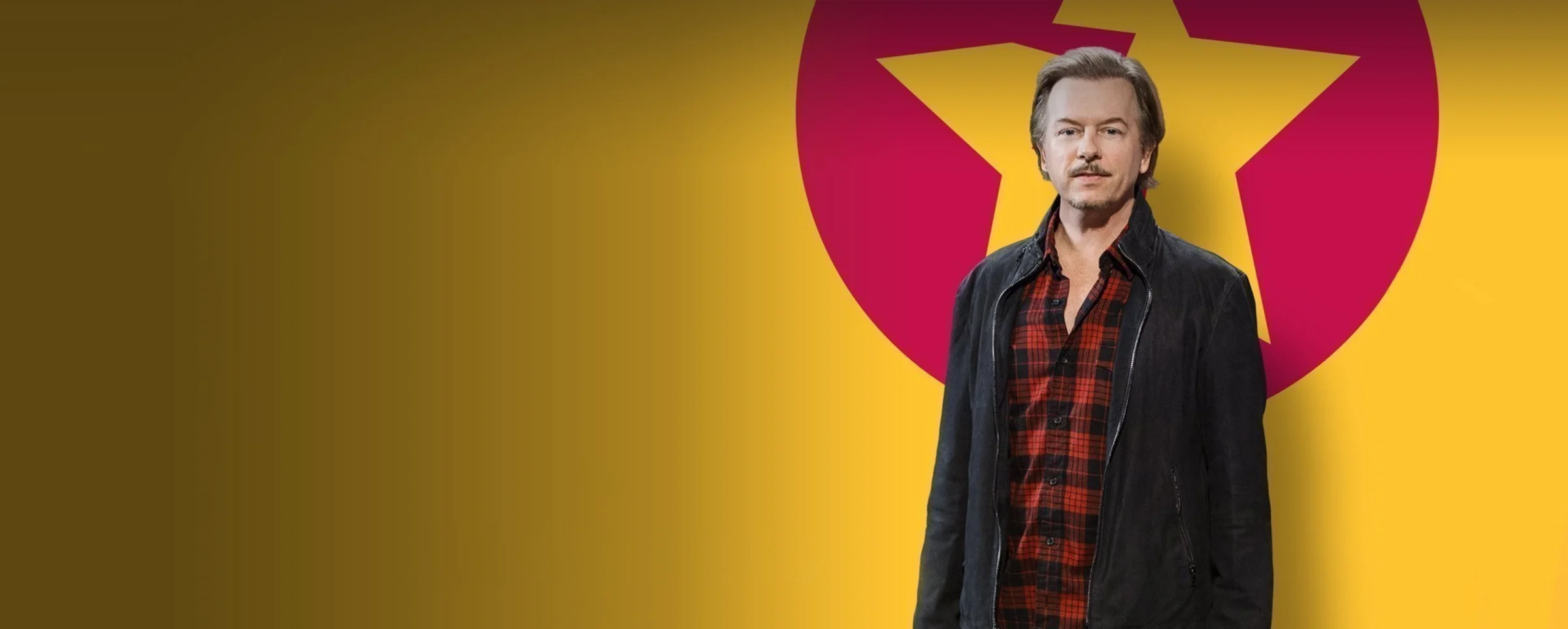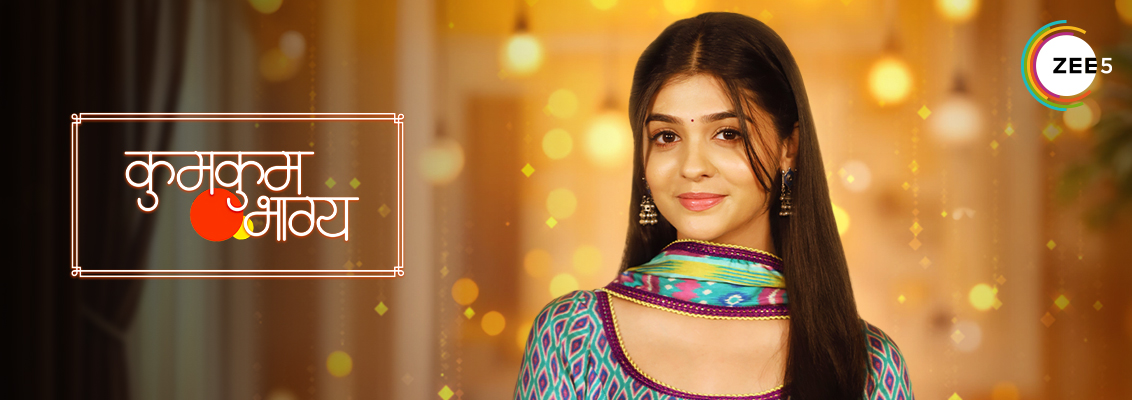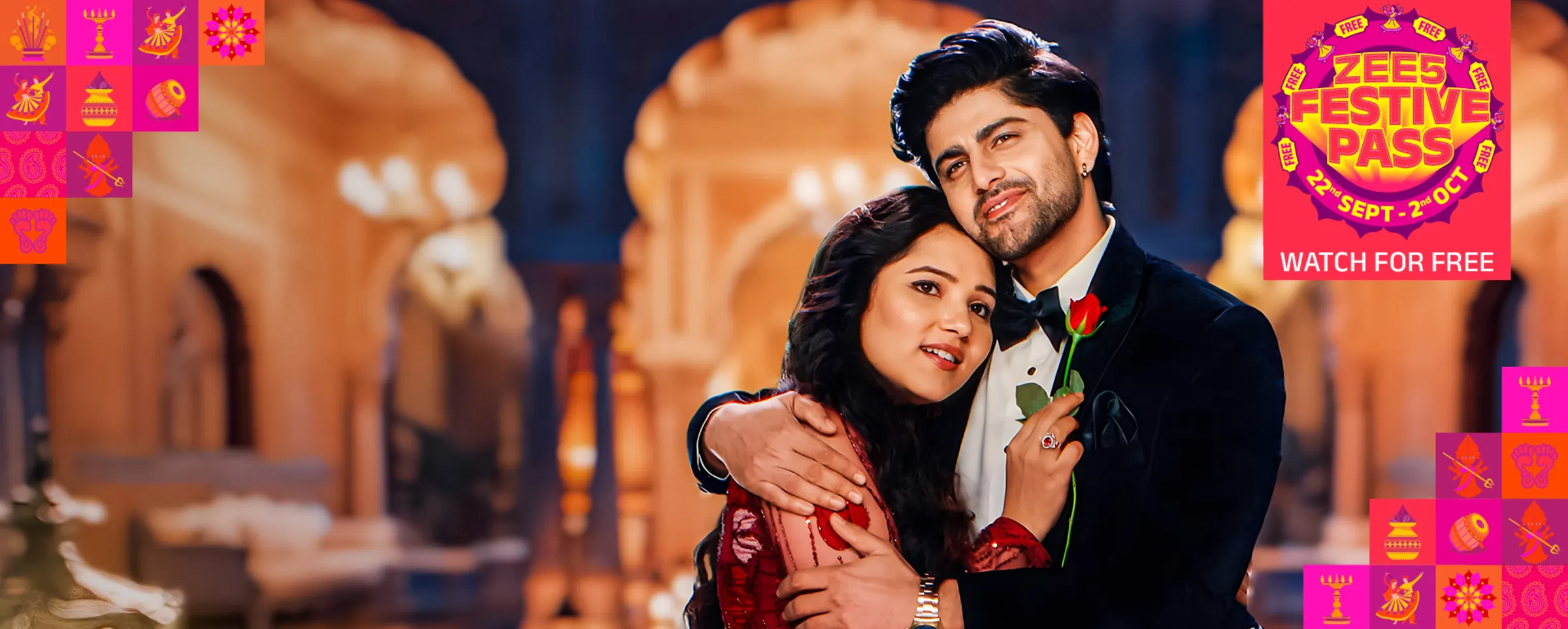A quick confession
“Top 10” lists are bait for arguments—and that’s half the fun. Great TV shifts eras, changes taste, wrecks our sleep cycles. What follows isn’t a museum catalog; it’s a road map of shows that bent culture, rewired craft, or simply refused to let go after the credits. Ready?
1) The Sopranos (1999–2007)
The one that cracked the dam. A mob drama that’s actually a quiet study of anxiety, masculinity, family rot, therapy—and yes, a lot of marinara. Tony Soprano isn’t an anti-hero; he’s a mirror you’re scared to hold. The show made ambiguity fashionable and finales debatable. Every prestige series since owes it a favor (or five).
Why it endures: Because “What kind of person am I?” never stops being a terrifying question.
2) The Wire (2002–2008)
Call it Dickens for the 21st century if you like, but grimmer. Each season shifts the lens—corner boys, cops, docks, City Hall, schools, the newsroom—until you realize the real villain is a system optimized for failure. No speeches, no “case of the week” shortcuts. Just Baltimore, seen in forensic detail. You don’t watch it; you absorb it.
Watch when: You want storytelling that respects you enough not to spoon-feed.
3) Breaking Bad (2008–2013)
Chemistry teacher to cartel myth—funny, how thin that line can be. Walter White’s descent feels alarmingly logical; Jesse Pinkman is the heart that keeps flinching. Every frame plots something, every prop means more than it seems, and the last run of episodes moves like a trapdoor. Taut as wire. Mean as truth.
Signature feeling: A slow “oh no” that becomes a fast one.
4) Mad Men (2007–2015)
Smoke, pitch, silence. Don Draper sells the dream while running from the man in the mirror. The show isn’t about advertising; it’s about the American impulse to rebrand pain as glamour. It lingers on glances, fonts, the way a glass is set down—tiny gestures that carry entire backstories. The carousel episode? Goosebumps, every revisit.
Best consumed: With patience. The payoff is in the pores.
5) Game of Thrones (2011–2019)
Yes, the landing stuttered. And yet—remember the Sundays that felt like national holidays? The show welded palace intrigue to dragon mythology and made family trees feel like murder weapons. When its gears were meshing, it was operatic television: reversals, betrayals, a wedding that turned blood-red and pop-culture permanently.
Why it belongs here: Because scale + surprise + stakes rarely align like this.
6) Fleabag (2016–2019)
Two short seasons, zero filler, one fourth-wall romance with the audience. Phoebe Waller-Bridge writes grief like a guilty laugh that won’t leave your throat. It’s filthy, holy, and somehow both at once. The Hot Priest is a meme; the confessional bench scene is literature.
What it proved: That comedy can hold a cathedral’s worth of ache.
7) Chernobyl (2019)
Five episodes. No fat. A historical horror story told with the patience of a scientist and the dread of a thriller. It isn’t about a reactor—okay, it is—but it’s really about lies traveling faster than light, about the cost of “it’ll be fine.” The series makes bureaucracy feel like a monster suit you can’t see but always hear breathing.
Side effect: You start reading footnotes on everything.
8) Band of Brothers (2001)
A miniseries that behaves like oral history—Easy Company, European theater, faces in mud you don’t forget. No grandstanding speeches, just the quiet math of survival and loyalty. Those veteran interviews at the edges? They collapse the distance between screen and scar.
Why it lands: Because it remembers war is mostly waiting, cold, and someone not coming back.
9) Black Mirror (2011– )
Anthology roulette: some episodes are knives, a few are sledgehammers, one or two miss—fine—but when it hits (San Junipero, White Bear, The Entire History of You), it names a modern anxiety so precisely you need a walk afterward. Technology is the hook; human appetite is the punchline.
Advice: Don’t binge. Let each dystopia breathe (and haunt).
10) Succession (2018–2023)
Corporate Shakespeare in designer suits. It’s a comedy until it isn’t—then it’s tragedy disguised as quarterly earnings. Every insult is a sonnet; every boardroom a battlefield. The Roys are awful and also… recognizably lonely. (“You are not serious people” might be the kindest thing said on this show.) The camera moves like gossip.
Peak moment: The election night episode—tightrope TV.
So… what did we leave out?
Plenty. The Office (US) for comfort. The Leftovers for faith and fog. True Detective (Season 1) for mood that tastes like ash. The Crown for pageantry disguised as therapy. And depending on where you grew up, you might argue for Sacred Games, Narcos, Stranger Things, Severance, Better Call Saul. Good. Argue. That’s how canons stay alive.
What “great” really means here
Not “perfect.” Not even “flawless ending” (hi again, dragons). Great means form + feeling—the sense that a show advanced the craft and occupied your head rent-free. It means writing that holds up under rewatch, performances that stay quotable in group chats, music cues that bring back a season like a smell.
A tiny viewer’s guide (because life is short)
-
Need a gateway into prestige? The Sopranos or Breaking Bad.
-
Short weekend, maximum impact? Chernobyl or Fleabag.
-
Slow-burn character study? Mad Men.
-
Big canvas, bigger stakes? Game of Thrones.
-
Anthology dabbling? Start with Black Mirror: San Junipero; then go darker.
-
History that feels uncomfortably current? Band of Brothers.
Final word
Great TV teaches you how to watch it: to listen between lines, to notice hands, to forgive silence. These ten did that for their moments—and for ours. Start anywhere. Just… maybe not at midnight before a Monday. Or do. We’ve all made worse choices for one more episode.
Bio of Author: Gayatri Tiwari is an experienced digital strategist and entertainment writer, bringing 20+ years of content expertise to one of India’s largest OTT platforms. She blends industry insight with a passion for cinema to deliver engaging, trustworthy perspectives on movies, TV shows and web series.





